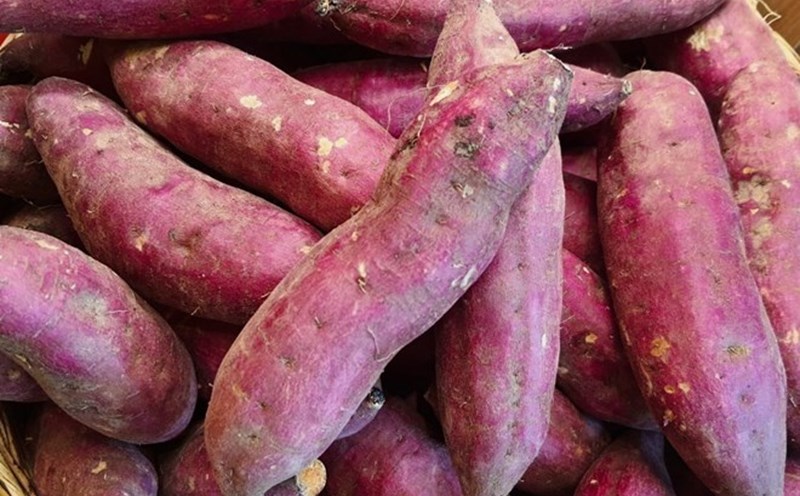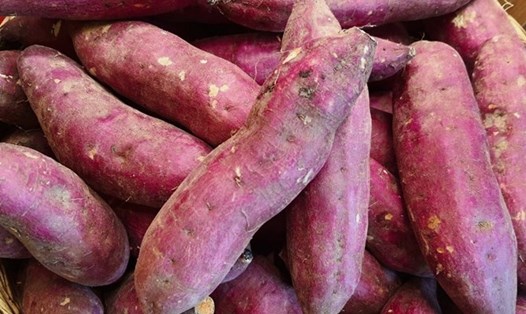Vitamin A is an essential micronutrient that helps maintain vision, immune system and skin health. Foods such as carrots, pumpkin, mango, papaya, bell peppers... contain a lot of beta-caroten a precursor to vitamin A which the body will convert into vitamin A when necessary.
Although beta-caroten is safer than vitamin A precursors from animal foods or supplements, consuming large amounts over a long period of time can lead to carotenemia, jaundice and can affect liver function.
According to the World Health Organization, the average recommended amount of vitamin A for adults is about 700900 mcg of RAE (Retinol Activity Equivalents)/day. A large carrot can contain up to 8,000 mcg beta-caroten, equivalent to about 1330 mcg RAE, exceeding the recommended level.
Studies also show that consuming too much beta-caroten, especially in supplementation form, can cause liver toxicity if accumulated for a long time. A study published in the American Journal of Clinical Nutrition has shown that people who supplement too much beta-caroten for a long time have signs of increasing liver enzymes - an indicator of liver damage.
In people with liver problems or beta-caroten metabolic disorders, the liver may not be able to process large amounts of vitamin A, causing accumulation and toxicity.
Therefore, while eating colorful vegetables and fruits is necessary, it is necessary to maintain balance and not consume too much of a diet rich in beta-carotene per day.











